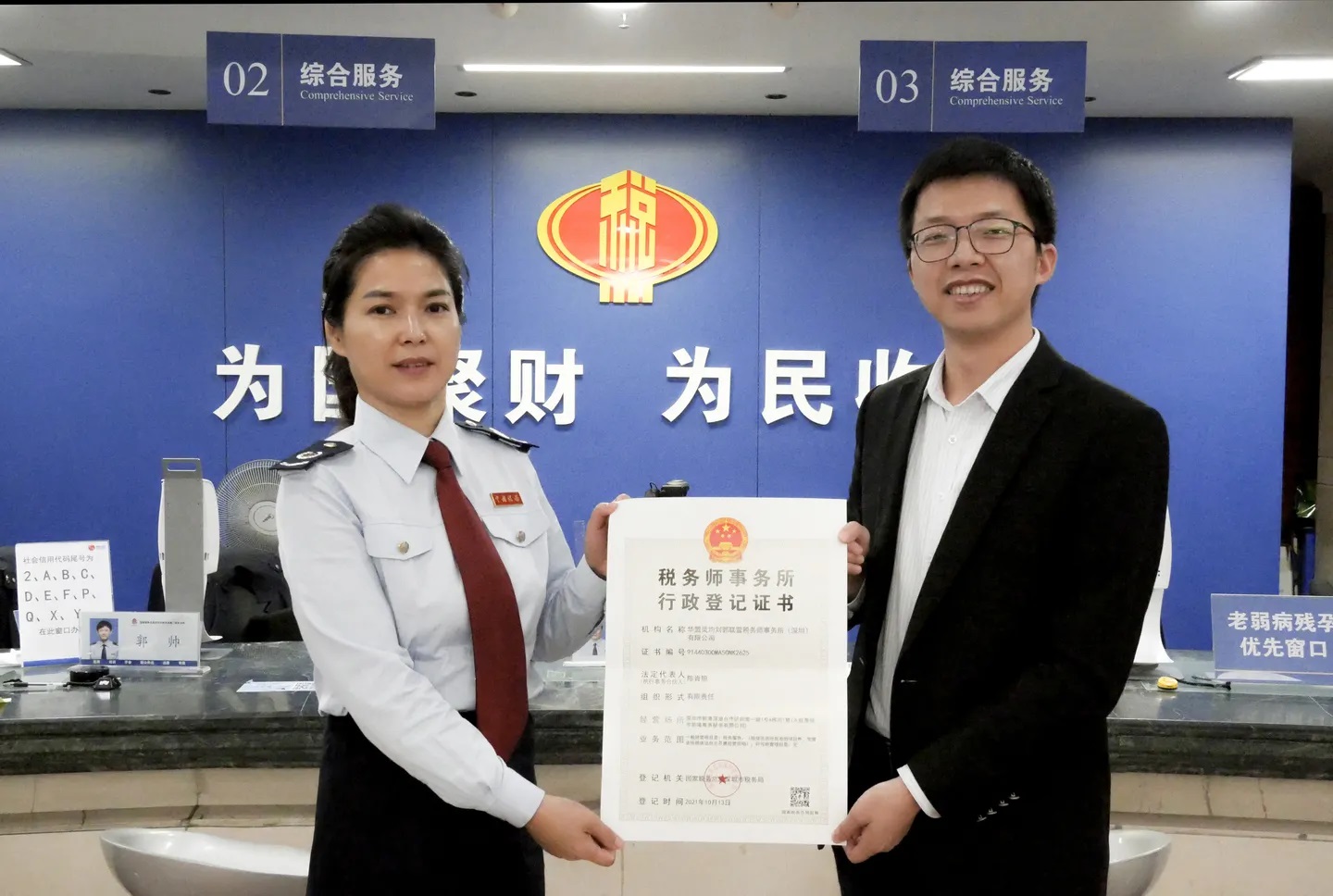It took Max Wong a while to calm his excitement after receiving recognition from Hong Kong Chief Executive Lee Ka-chiu on his handmade coffee and snacks during Lee’s visit to Qianhai Shenzhen-Hong Kong Youth Innovation and Entrepreneur Hub (E-hub) on April 22.

Max Wong (C) talks with Hong Kong Chief Executive Lee Ka-chiu (L in chair) at Qianhai Shenzhen-Hong Kong Innovation and Entrepreneur Hub on April 22. Courtesy of Max Wong
By that time, Wong’s coffee shop had been open for less than a year, but the sales revenue had steadily increased. The dream of the young and ambitious entrepreneur was gradually becoming a reality. There are numerous young individuals from Hong Kong like Wong who are pursuing their dreams in Qianhai.
According to official statistics, there are currently nearly 10,000 Hong Kong-funded enterprises registered in Qianhai, and E-hub has successfully incubated a total of 519 Hong Kong entrepreneurial teams. The reason behind many Hong Kongers choosing Qianhai can be partially attributed to the area’s continuous efforts in optimizing its business environment through the implementation of various institutional innovations over the past years.
Innovation, an inherent mission
The high-quality development of Qianhai is closely tied to institutional innovation. Over the past 13 years since its establishment, Qianhai has consistently regarded institutional innovation as its core driving force. It has emerged as a flourishing ground for pioneering trials and a prominent hub for advancing institutional innovation within the framework of “one country, two systems.”

A view of Qianhai Shenzhen-Hong Kong Modern Service Industry Cooperation Zone in this undated file photo. Courtesy of Qianhai Authority
Qianhai has been dedicated to eliminating institutional and procedural barriers, striving to establish the Qianhai Model for institutional innovation. This model incorporates key elements such as investment facilitation, trade facilitation, financial openness and innovation, legal innovation, talent management reforms, as well as institutional and mechanism innovations.
As of now, Qianhai has introduced a total of 805 institutional innovations, with 78 of them replicated and promoted nationwide, and 103 replicated and promoted at the provincial level.
On July 20, the Institute of Free Trade Zones of Sun Yat-sen University released the “2022-2023 China Pilot Free Trade Zone Institutional Innovation Index.” Qianhai, for the sixth consecutive year, maintained its top position among all domestic free trade zones.
“Qianhai inherently possesses the DNA of reform and opening up, and it assumes the responsibility of opening up to the world, nurturing new economic vitality, and driving institutional innovations. Many achievements in institutional innovation are being replicated and promoted throughout the Guangdong-Hong Kong-Macao Greater Bay Area and the entire country,” commented Fu Zhengping, dean of the Institute of Free Trade Zones of Sun Yat-sen University.
Beneficiaries
One of the key factors contributing to Qianhai’s attraction to individuals and companies from Hong Kong is its pioneering initiative in implementing a 15% individual income tax reform.
Qianhai was the first in the country to offer subsidies to overseas high-end talents and scarce talents for the portion of their individual income tax that exceeds 15%. Additionally, qualified Hong Kong companies now enjoy a corporate income tax rate of 15%, which is 10% lower than before.
“This policy has successfully attracted numerous top international talents to join us, and it has also become a significant factor in our long-term decision to develop in Qianhai,” stated Cai Yongwei, chief operating officer of UBS Fund Distribution (Shenzhen), a wholly owned subsidiary of the globally renowned wealth management company UBS.
In addition, Qianhai has established special mechanisms such as joint ventures, pilot projects, and professional registration to facilitate the practice of Hong Kong and Macao professionals in fields such as accounting, engineering construction, taxation, and cultural tourism. Currently, 18 categories of professionals are eligible to practice in Qianhai upon registration. A total of 618 professionals from Hong Kong and Macao have completed the registration process and are practicing in Qianhai.

A representative of the HMLK Joint Venture Tax Agency collects the company's administrative registration certificate. Courtesy of Shenzhen Tax Service of State Taxation Administration
Barbara Kwok, a tax practitioner from Hong Kong, swiftly established the HMLK Joint Venture Tax Agency, the first officially registered cross-border tax firm in Qianhai. This became possible after the barriers for cross-border practice by tax professionals from Hong Kong and Macao were lowered. This opportunity has allowed her to expand her business operations to the mainland and utilize her professional expertise on a broader scale.
Qianhai has also introduced multiple innovative measures this month. Since Aug. 1, investors can register companies in Qianhai by scanning WeChat QR codes for voice recordings and facial identifications, eliminating the need for physical visits to service halls for applications.
Moreover, another new policy came into effect on August 9, allowing eligible Hong Kong-funded small and micro-sized enterprises in Qianhai to access loans from overseas banks, with a limit of 5 million yuan. This greatly facilitates businesses facing obstacles in obtaining overseas loans due to constraints related to their limited net assets. Just one day after the policy’s release, three Hong Kong-based companies operating in Qianhai secured a total of 12 million yuan in loans, becoming the first beneficiaries of this new initiative.
